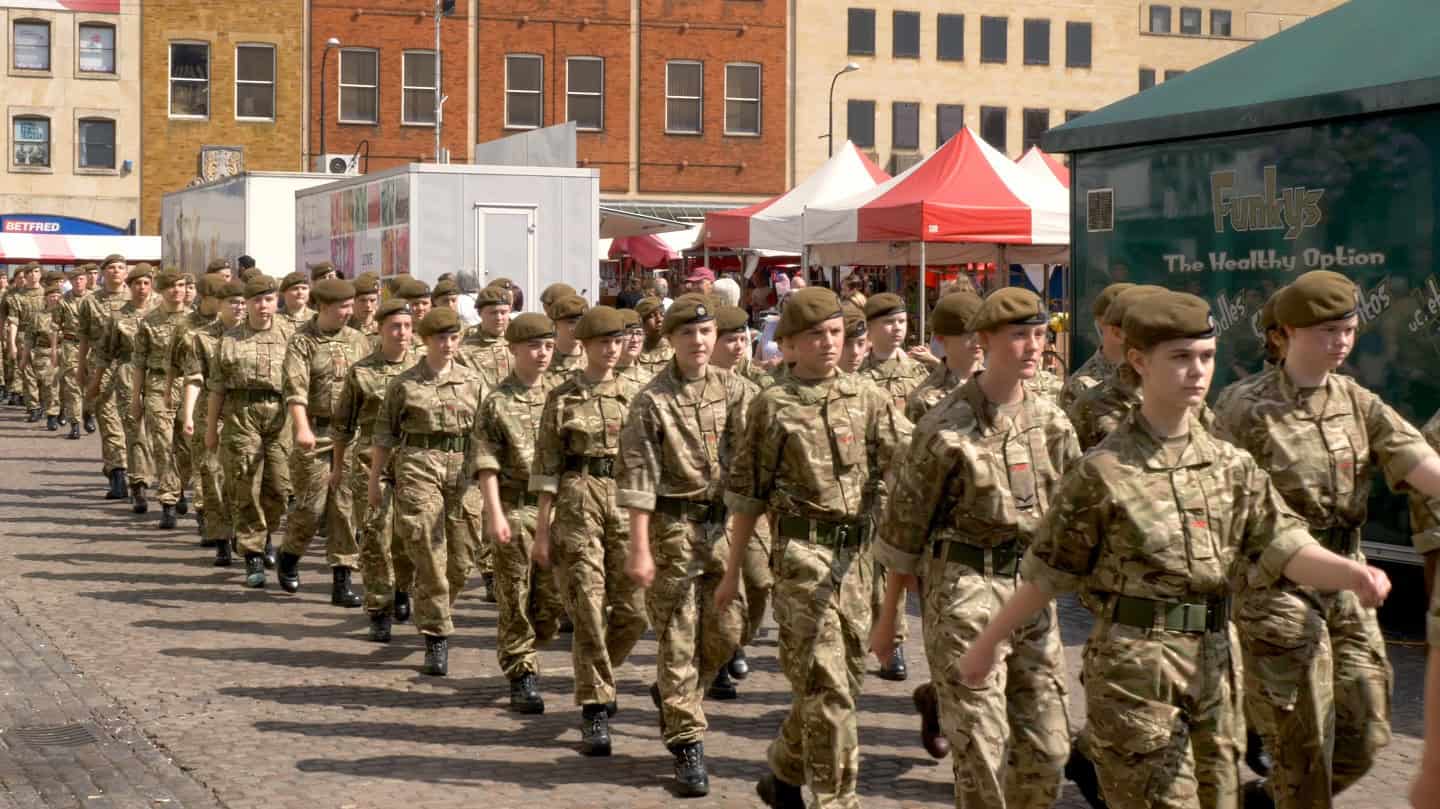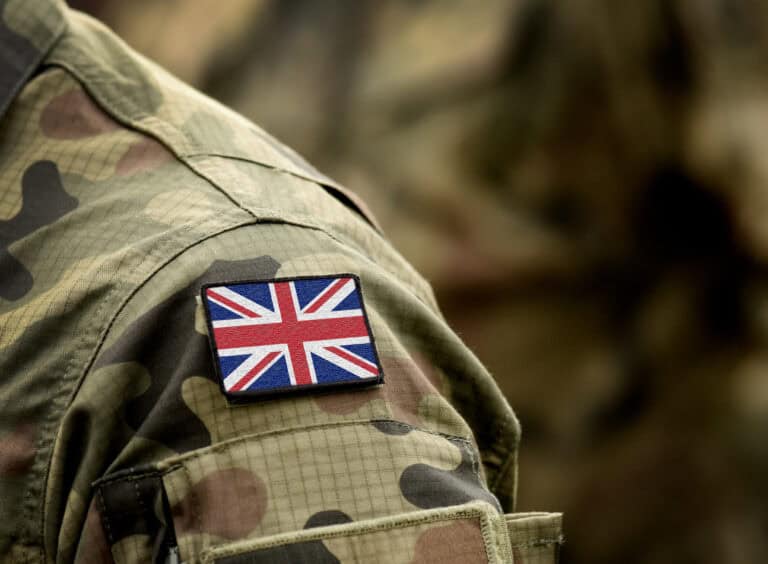
The Defence Committee Inquiry on Women in the Armed Forces: From Recruitment to Civilian Life
On 1st December 2020, the government’s Defence Committee launched an inquiry to look at the experiences of female service personnel throughout their careers in the armed forces.
The first of its kind, the Inquiry has been dubbed as the Armed Forces #MeToo moment, and has been welcomed by service personnel and organisations/charities alike who are acutely aware of the unique challenges faced by women in the armed forces, paying particular attention to the levels of bullying, harassment and sexual abuse in the military.
MP Sarah Atherton, a former member of the Intelligence Corps chairs the Sub-Committee on Women in the Armed Forces. Highlighting the disparity in the experiences of women and men both during and after leaving the Armed Forces, she said:
“Women make a vital and valued contribution to our Armed Forces and to our country. However, serious challenges remain. Female personnel are more likely to make complaints, more likely to report mental health difficulties and more likely to be subject to sexual assaults. We need to understand the scale, nature and root of the challenges that female personnel face. Only then can we begin to address the incidence in which the services have failed female serving personnel and identify the solutions.”
Onto another first, the Defence Secretary Ben Wallace has lifted “gagging” restrictions preventing service personnel from speaking to parliamentarians and participants have been given the option to remain anonymous when giving their evidence in order to provide Servicewomen with a platform to discuss their experiences freely and without fear of repercussions.
Some of the key areas the inquiry is focussing on include:
- The recruitment and retention of female service personnel
- Incidences where female serving personnel are the victim of sexual offences and whether the military police and court martial process is fit for purpose in trying sexual offences such as rape
- Incidences of bullying and harassment suffered by female personnel
- The complaints process, including the barriers to female personnel complaining and why Servicewomen are overrepresented in the complaints system
- The higher incidence of female personnel being diagnosed with mental health disorders
- whether the experiences of female BAME personnel differ
- why women chose to leave the Armed forces
- whether ex-servicewomen face different challenges to men during their transition to civilian life
- And importantly, whether the Ministry of Defence’s policies and services are appropriate and adequate to meet the challenges faced by servicewomen
So far over 4,000 serving personnel and veterans have taken part in a survey on their experiences in the forces and nine percent of all women currently serving have provided evidence for the inquiry. The inquiry has also received written evidence from female service personnel and veterans themselves, as well as 76 academics and organisations that support Service personnel and veterans.
The evidence heard so far has been extraordinary, and thought provoking, as it becomes increasingly apparent that female service personnel face additional challenges in almost every sphere of service life. For example, Retired Lieutenant Colonel Diane Allen highlighted the fact that female personnel are provided with equipment designed for men which has merely been resized for women without consideration of whether it is fit for purpose and that the training regimes were designed “for men by men”. Furthermore, it’s difficult to understand how in today’s age, all personnel who go on tour are provided with sunscreen and insect repellent but servicewomen are not being provided with basic sanitary products, often being forced to improvise.
When considering the complaints process, Sarah Atherton noted that the evidence given to the committee suggested that six out of ten complaints were not pursued “because of the chain of command,” with both Diane Allen and Paula Edwards of charity, Salute Her, confirming that women who complain about their treatment are often coerced into changing or withdrawing their complaints, made all the more difficult by a complaints system which is ineffective and protracted. This echoes the experiences of many of the female clients both I and my colleagues in the Military Team have acted for over the years.
Bolt Burdon Kemp has submitted evidence, based on our work. These submissions have now been accepted into evidence and can be read here.
The inquiry will send its report and recommendations to the government in June. I hope that this will be the beginning of much needed change to improve the experience for women in the Armed Forces, which in turn will serve to enhance the vital contribution they currently make to the forces.









